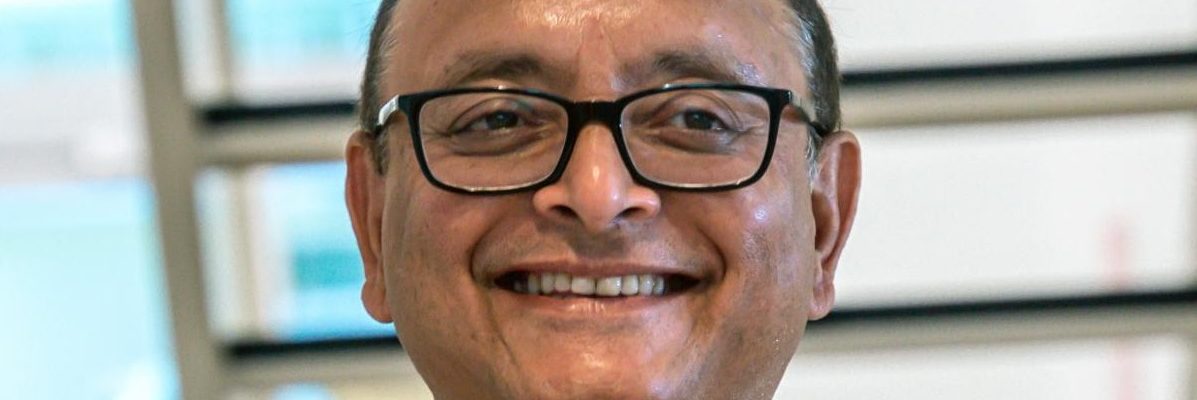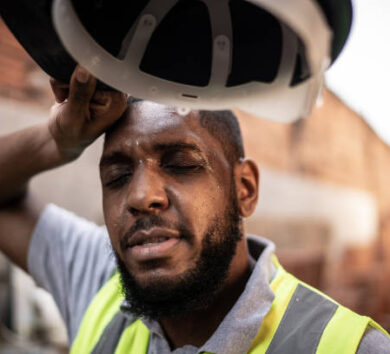

Dr. Ravi Kishore, chief interventional cardiologist and electrophysiologist at Health City Cayman Islands, says there is hope for cardiac patients who do not respond to conventional hypertension therapy.
Over the past eight years, Kishore has introduced new interventions to the Caribbean for the management of patients with refractory or resistant high blood pressure or hypertension.
According to the Caribbean Public Health Agency (CARPHA), hypertension is the leading risk factor for cardiovascular diseases worldwide, and the non-Latin Caribbean has the highest mortality rate due to cardiovascular disease, accounting for 418 deaths per 100,000 persons.
Worldwide. hypertension affects 1.2 billion people and can lead to an increased risk of stroke, heart attacks, heart failure, kidney disease, and death. Among patients with hypertension, some are unable to achieve adequate blood pressure control despite the use of multiple medications and changes in diet and lifestyle. Refractory hypertensive patients are intensively medicated and have almost double the risk of cardiac death. Hypertension may result from overactive nerves that cause higher sympathetic activity. The Medtronic Renal Denervation system ablates these nerves to reduce sympathetic activity in the arteries of the kidneys (renal arteries) leading to a reduction in blood pressure.

Health City Cayman Islands currently uses this system, which complies with the European Union safety, health, and environmental protection standards, to treat resistant hypertension successfully.
Kishore confirmed that this technique allows a true thickness burn and cooling of the sympathetic nerves around the renal arteries.
“This procedure is performed to prevent an increased excretion of the substances leading to hypertension and forms the basis for successful outcomes,” he said.

The interventional cardiologist uses a local anesthetic under image guidance. A catheter is inserted into the femoral artery in the groin to access the renal arteries. Each application of radiofrequency (RF) pulses, using a Renal Denervation RF Generator and lasting one to two minutes, burns the nerves in the walls of the renal arteries without damage to the arteries.
Extensive clinical data has reportedly confirmed excellent results in reducing blood pressure 24 hours a day without any negative impact on kidney function.
Kishore, whose career spans over two decades, has performed more than 17,000 procedures.







Comments